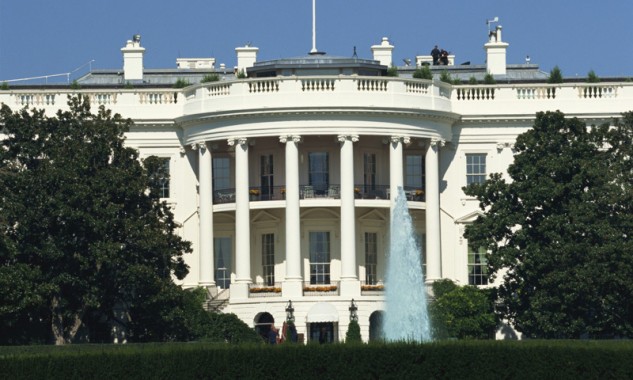
WASHINGTON: The White House has assured Afghanistan that the United States and its allies would continue to invest in political and economic success of the Afghan people but did not respond to a request for extending US military presence in the country.
In an interview to a US television network on Sunday, Afghan President Ashraf Ghani urged the US administration to consider re-examining its timetable for withdrawing its troops from Afghanistan.
But at a White House news briefing, Press Secretary Josh Earnest said the United States had a very clear strategy about the deployment of its troops in Afghanistan.
“After the end of the year, we are now in a situation where the combat mission in Afghanistan for US military personnel has ended,” he said. “The Afghans are now solely responsible for the security of their country.”
But he also noted that there would be an enduring US and Nato military presence in Afghanistan after 2014 as well. And this military will have two clear missions: countering terrorists and training and assisting Afghan security forces.
As part of its counter-terrorism mission, this force “will continue to see” remnants of Al Qaeda that do have designs on destabilising the region and US interests.
For the second mission, US military personnel will continue to play an important role in training and equipping
Afghan security forces to continue to take the fight to those terrorist elements and to preserve the security situation in Afghanistan.
Mr Earnest said that the US and its coalition partners had made “a lot of hard-won gains” in Afghanistan, which would not have been possible without an effective coordination with the Afghan security forces.
“And we want to see that kind of coordination continues, even as Afghans take sole responsibility for their security situation,” he added.
Asked for the White House’s reaction to the Afghan president’s request for reconsidering US military presence in Afghanistan, Mr Earnest said that the presence of a small US and Nato force in Afghanistan after 2014 was “indicative of the ongoing commitment that the United States has to the government” of that country.
Mr Earnest said that the US and its allies had made “much investments” in building a strong working relationship with Afghanistan and would “continue to be invested in the success, both political and economic, of the Afghan people.”
The United States, he said, was prepared to continue this partnership “but as it relates to the strategy associated with our military footprint, we’ve been pretty clear about what that strategy is”.
The issue was also raised at a news briefing at the US State Department where spokesperson Jen Psaki noted President Ghani in his interview to a US news channel had also said that “deadlines focus the mind”.
The United States would “remain committed to our Afghan allies even as we draw down our troop presence in a responsible way”, she said.
And even after 2014, the US would continue to “ensure that the Afghan forces have the capabilities and training necessary to preserve the gains we’ve made over the last 13 years,” she added.





